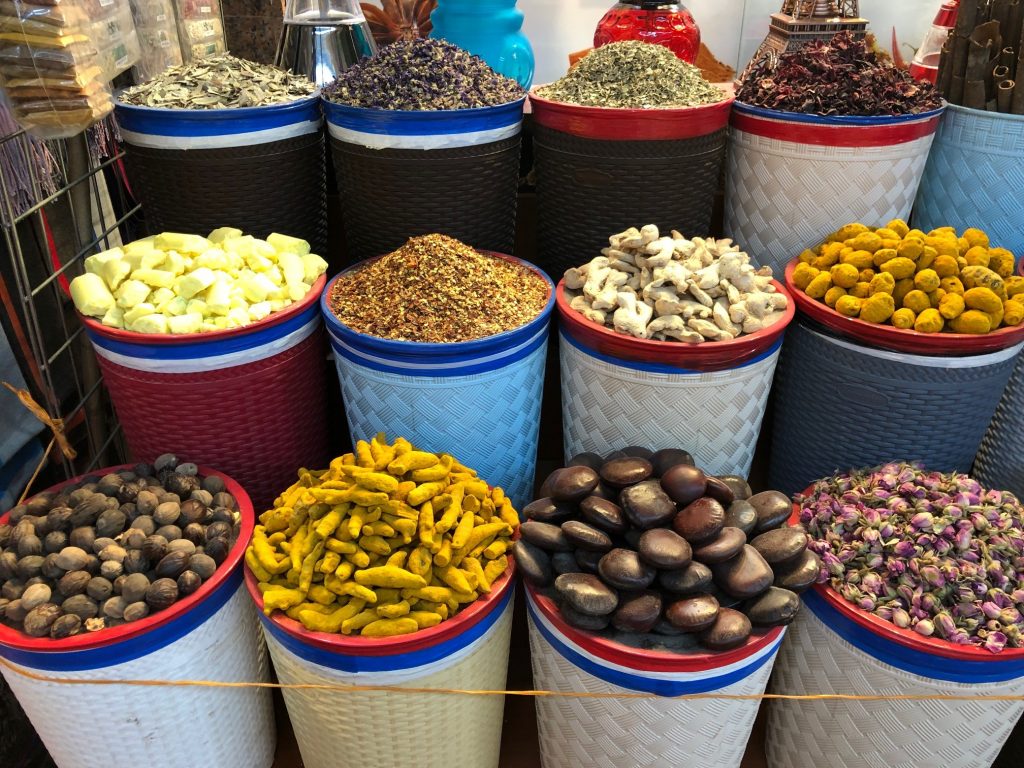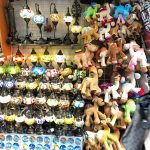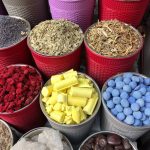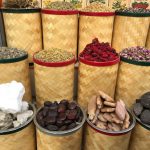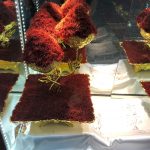Dubai – “How much is it?” is almost a no-no at Souk Deira, a street market in Old Town Dubai. Here in the emirate’s top spot for buying gold and spices, handicraft and souvenirs are also on offer, and asking the price is virtually haram (Arabic).
Once you get to the souk, be ready to get approached constantly and persistently by the peddlers. They’ll walk beside you all the time while they offer T-shirts, watches, shoes, bags… Although it’s tiresome on the ears, it’s part of the experience, so try not to get upset. I was caught by surprise, but soon grew used to it and even found it amusing.
After getting used to these unrelenting merchants, most of whom are Indian and Paki, and telling them ‘thank you, no, thank you’ and even taking a shot saying shukran (thank you in Arabic), I took my first stroll around the souk. I had no grand consumerist intentions, and was taken aback by the myriad stalls carrying scarves in assorted fabrics and prints, shoes, Turkish and Iranian ceramic, Arab tea and coffee sets – with lots of colors and golden details –, refrigerator magnets, keychains, pots, cups, plush camels, metal camels, camels, camels and more camels.
(Story continues after photo gallery)
Aside from the surreal gold shops, with their huge necklaces that seem unwearable, but great for pictures, and the spices – they have the cure for everything, tea for all tastes, and dates galore. The colors are what’s most attractive about the place.
As I walked and looked at the stuff on sale in stalls and shops, I realized they all had something in common: there were no price tags in sight. I caught a glimpse of a shoe store and asked how much for a pair. The shopkeeper told me to come in and try them on.
I hadn’t realized yet that this was the local MO. Merchants in the souk will try to get as many items as possible, and only once you’ve picked everything will they tell you the price and bargain. That’s how it works in each and every store. They won’t give you the price up front; they’ll ask where you are from and get you talking. These are natural-born negotiators. Until you’re really interested in something, they won’t let you know how much. And when they finally do, you need to bargain.
Don’t be afraid to ask for a discount. This is how they work: they’ll set prices real high and are willing to discuss them. You’ll often end up paying as little as half the starting price.
The same happened at the spice shop. I was transfixed by the colors and the availability of stuff outside. I asked more about it, walked inside to ask for prices and wound up looking at other spices. Spice team, cardamom (which is often added to Arab coffee), saffron and two varieties of turmeric were my picks. I bargained some more and then got walking the souk’s streets.
Many of the merchants knew a few sentences in Portuguese, a natural outcome of growing Brazilian tourism in the UAE. They’d ask me if I was from São Paulo, Rio or Curitiba, and one of them even said he had a cousin in Brazil.
It’s a memorable trip to say the least, and worth it even if it’s just to look around and take pictures. But in one of the most expensive cities in the world, this is the place where you’ll manage to get a few souvenirs and trinkets at more reasonable prices.
Translated by Gabriel Pomerancblum



